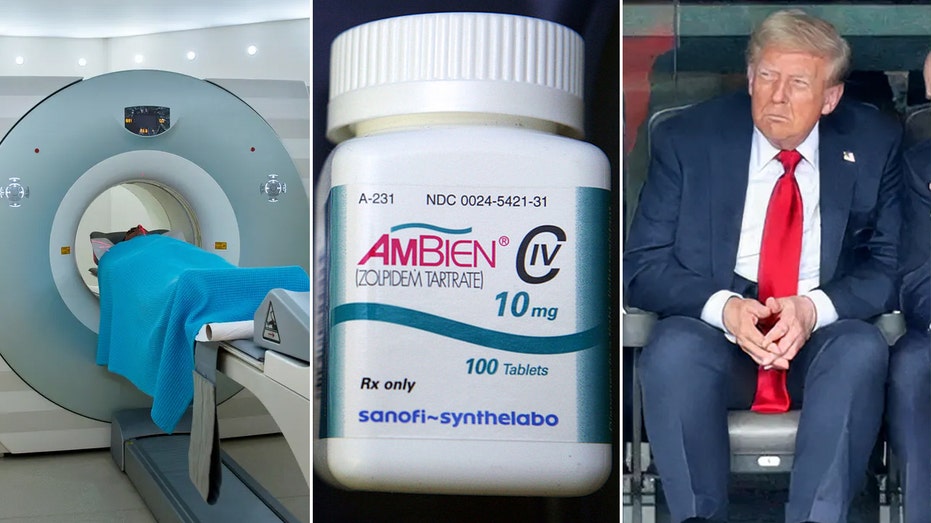Stem-Cell Therapy Offers New Hope for Parkinson’s: Early Trial Delivers Promising Results

Sarah Johnson
April 22, 2025
Brief
Researchers at Memorial Sloan Kettering report promising results using stem cell therapy to restore dopamine and improve symptoms in advanced Parkinson’s disease, leading to a phase 3 trial.
Parkinson’s disease affects about one million Americans, and with 90,000 new diagnoses each year, the search for an effective treatment has never felt more urgent. Now, researchers at Memorial Sloan Kettering Cancer Center are stirring up hope with a breakthrough therapy that uses stem cells to target advanced Parkinson’s symptoms.
In a phase 1 clinical trial, scientists transformed donated embryonic stem cells into nerve cells and transplanted them into the brains of 12 patients living with advanced Parkinson’s. Once inside, these newly minted neurons started producing dopamine—the brain chemical that keeps our movements smooth and coordinated, but which Parkinson’s patients desperately lack.
After 18 months, the results looked pretty remarkable: the transplanted cells had settled in safely, without causing any serious side effects. Even more encouraging, participants—especially those who received the higher dose—showed "noticeable improvements" in their symptoms, as measured by the MDS-UPDRS (that’s the gold-standard rating scale for Parkinson’s symptoms). In fact, in the high-dose group, scores dropped by more than 20 points, when doctors typically expect things to get worse by a few points each year. That’s a plot twist no one saw coming.
The high-dose group also reported getting back 2.7 hours a day of "on time"—periods with minimal symptoms and more normal function. For folks living with Parkinson’s, that’s not just a stat on a chart; it’s time they get to feel like themselves again.
Buoyed by these outcomes, the FDA has given the green light to leap straight into a phase 3 clinical trial, set to include around 100 patients in the first half of 2025. If successful, this could be a game-changer for Parkinson’s care.
Dr. Viviane Tabar, who led the MSK team, called the findings "rewarding" after more than a dozen years of work. She emphasized that this approach—growing nerve cells from stem cells and injecting them directly into the brain—appears not only safe, but also full of potential.
Expert voices outside the study echoed the excitement. Dr. Mary Ann Picone highlighted that stem-cell treatments could eventually slow, stop, or even reverse Parkinson’s progression—though she cautioned about risks like immune suppression and the need for further research. Levodopa, the long-standing go-to drug, only manages symptoms temporarily and becomes less effective over time, so a therapy that could actually restore lost neurons is big news.
Dr. Ann Murray, another movement disorder specialist, described the results as "unbelievably exciting." Although safety was the primary focus of this early trial, the clinical improvement observed was nothing short of groundbreaking.
Of course, the researchers are clear-eyed about the limitations. This was a small safety study, and proving true effectiveness will require the larger phase 3 trial. But as Dr. Tabar put it, these results are "suggestive of a strong promise"—not just for Parkinson’s, but possibly for other brain conditions down the road. Here’s to hoping stem cells can finally give the brain the reboot it deserves.
For now, the therapy—developed at MSK and licensed to BlueRock Therapeutics—has everyone in the Parkinson’s community watching closely. With a little luck and a lot more research, we could be on the cusp of a new era in treating this challenging disease.
Topics
Editor's Comments
If these stem cells keep up the good work, they might just earn their own medical sitcom—'Neurons: The Next Generation.' But seriously, seeing a clinical trial actually reverse Parkinson’s symptoms, even a little, is wild. Now if only they could invent a cell that makes Mondays easier, too!
Like this article? Share it with your friends!
If you find this article interesting, feel free to share it with your friends!
Thank you for your support! Sharing is the greatest encouragement for us.



